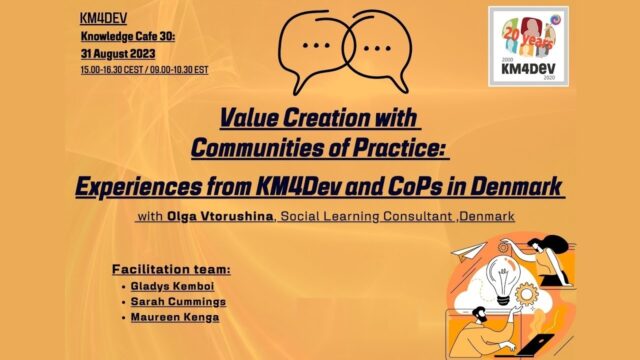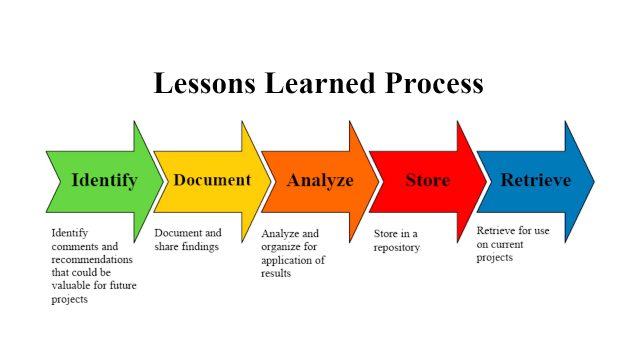
Measuring the health of online communities
Originally posted on The Horizons Tracker.
A recent study1 from Johns Hopkins University checks how healthy online groups are. According to their findings, to figure out if a digital space is doing well, experts need to see if it’s diverse.
Over the last few decades, the internet has become a big place for people to meet. But, as the study explains, not all these online spots are in good shape. Many get taken over by one group’s ideas, making it hard for others to join in and talk about democracy.
On the flip side, online spots that welcome different views and let power be shared among many groups are better off. In these places, no single idea rules the roost. Instead, the community is set up to welcome differences and spark conversations. Making and keeping such online spaces isn’t easy, the study says, but it’s worth it for healthier, more democratic communities.
Healthy online spaces
“Democracy is not a given. It is learned,” the researchers explain. “Pluralism—the ability to sustain a community in the face of disagreement and in the face of difference—is a key element of what [public] gathering places teach. Being able to measure pluralism is therefore critical to understanding whether the online spaces we are building today are ultimately strengthening or weakening our shared society.”
Considering this, the researchers came up with a fresh way to figure out how diverse an online group is. They look at which users are engaging with what content, helping experts see if a space is leaning too much toward just one set of ideas.
“It is imperative [that digital spaces] be used by and foster interaction between a diverse representation of the community,” they say. “If we wish to build healthy digital spaces, builders need some measure of the quality or strength of those interactions.”
“As our lives become more and more digitally connected, more and more of our key, interpersonal interactions happen online,” they continued. “We live our lives in both our physical communities and, increasingly, in these digital gathering places. The way our interactions are shaped and guided online has as much impact on our shared, communal existence as the ancient agora did to the Greeks.”
Article source: Measuring The Health Of Online Communities.
Header image source: Alexandra Koch on Pixabay.
Reference:
- de Vries, M. (2024). Dynamic Polycentrism: A Way to Measure Pluralism in Online Communities without Excessive Surveillance. New_ Public and the SNF Agora Institute at Johns Hopkins University. ↩




